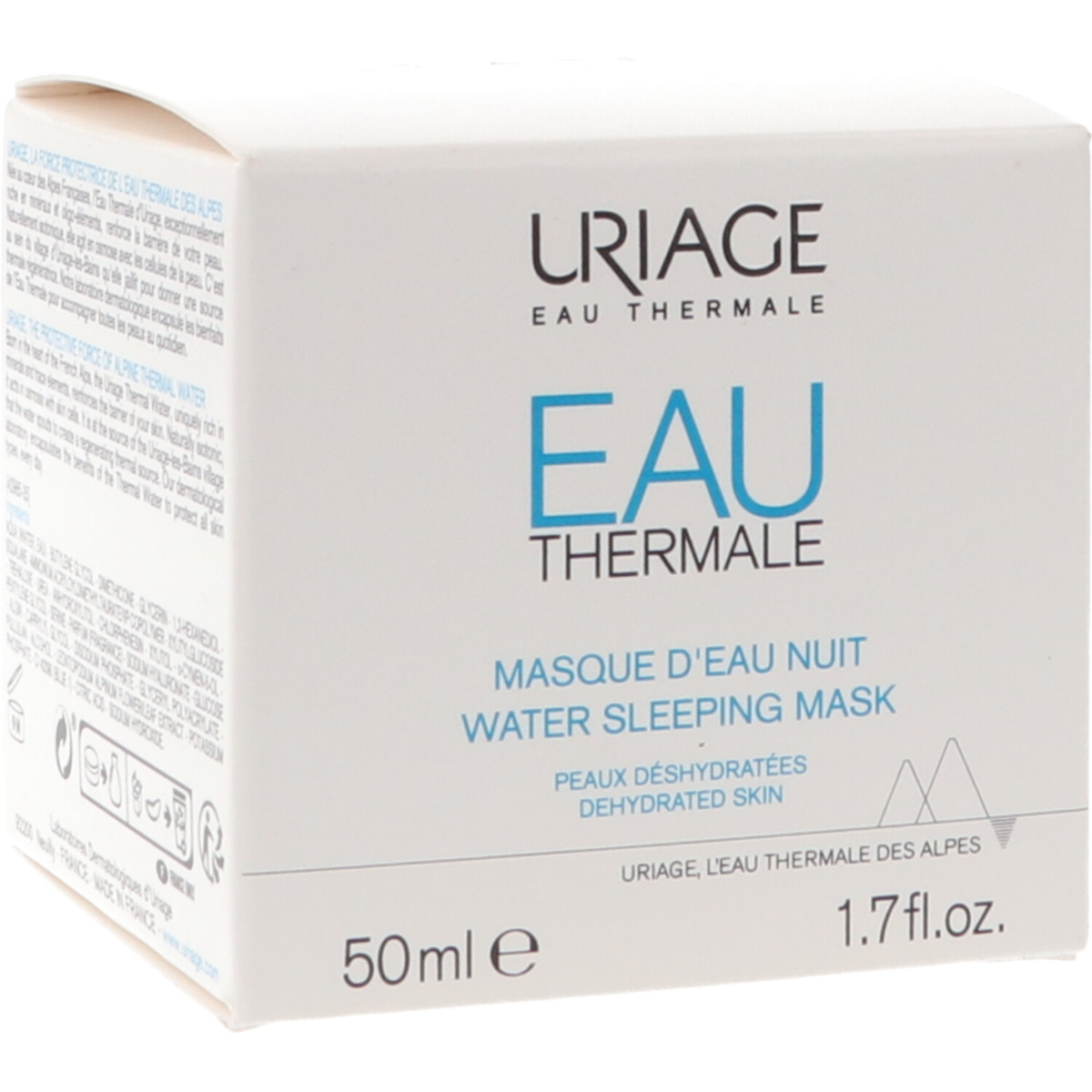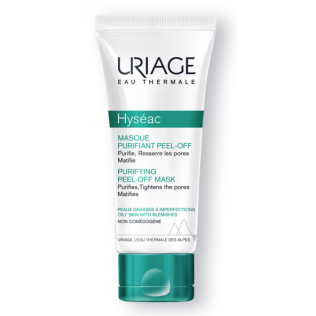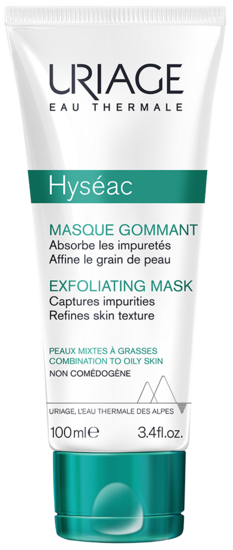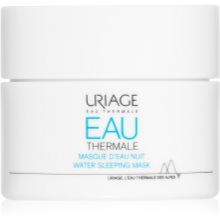
Uriage Eau Thermale Water Sleeping Mask mascarilla facial hidratante intensiva para la noche | notino.es

Mascarilla facial de noche con agua termal de Uriage - Uriage Eau Thermale Water Sleeping Mask | Makeup.es
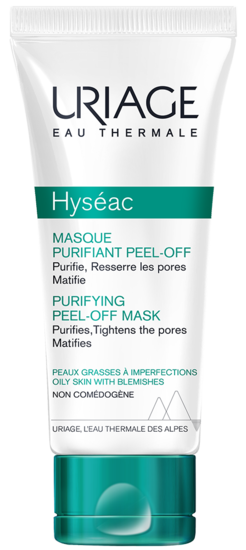
HYSÉAC – MASCARILLA PURIFICANTE PEEL-OFF MASCARILLA PURIFICANTE EFECTO SEGUNDA PIEL - Los cuidados - Uriage

Uriage mascarilla Facial hidratante para mujer y hombre, crema hidratante contra puntos negros, mascarilla exfoliante Facial para la salud, belleza corporal, 40|Crema solar facial| - AliExpress

